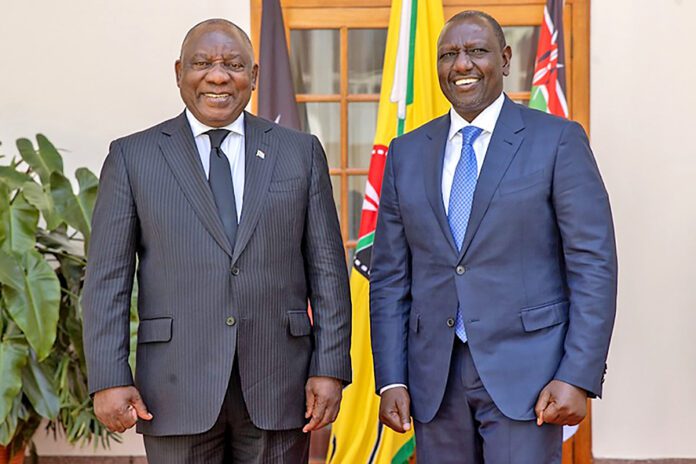Last week, I had meals at a hotel and a restaurant in Johannesburg, courtesy of a company I am associated with and a bunch of friends. As I often do, when I asked those serving us for their names and places of origin, it was pleasing to hear they came from Soweto, Nkandla, Matatiele, Bulawayo, Masvingo and other such places.
Before Covid-19 wreaked havoc with our travelling and socialising, South Africans in the hospitality industry were as scarce as water in the Sahara desert. It was almost exclusively Zimbabweans who dominated the employment spaces in that sector. As we all know, that generated quite a bit of resentment among South Africans, contributing to the spawning of formations such as Dudula that protest against the phenomenon.
It is not only in the hospitality industry where Zimbabweans dominate. Go to most construction sites, farms, or domestic work, you will find them in large numbers.
Employers prefer them for several reasons: first, due to the difficult socio-economic situation in Zimbabwe, its citizens tend to be rather desperate for jobs. They are therefore easier to exploit.
Sadly, many employers in South Africa take advantage of this.
In this sense, both Zimbabwean economic migrants and South Africans who lose out on employment, are victims of the failure of South Africa to manage, regulate and control migration as well as the labour regime in the country.
Second, the Zimbabwean education system, unlike that of South Africa, is fairly good in the training of artisans and hand chores. Our education system is too academic orientated, producing
people who can’t do the simplest of tasks. Somebody commented the other day that South Africa produces graduates who can’t even change a light bulb.
This brings to mind a visit I made to the premises of a major emerging black company around 1996. It was striking that the receptionist was a Zimbabwean as was the PA of the company’s executive officer. When I enquired about this, the CEO, without hesitation, said that Zimbabweans are skilled, hardworking and have a great attitude. On the
contrary, South Africans are big on rights but short on skills and diligence.
Is this attitude still prevalent?
Most of us want Africans to integrate and work together in harmony to develop our underdeveloped continent. But, if it is not proparly managed, like in South Africa where it is shambolic, accompanied as it is by labour exploitation, we will not get the integration and cooperation we need.
Recently, the presidents of Kenya and South Africa met in Nairobi where, among other things, they agreed on protocols relating to the movement of persons between the two countries. This, they said, would facilitate investment and economic cooperation.
Why can’t we have such arrangements among countries in Southern Africa so that we could have a negotiated agreement relating to the orderly movement of persons in our region? Why should the citizens of Zimbabwe and Lesotho sneak through bushes, cross rocodile-infested rivers and run the gauntlet of thugs and people smugglers in their attempts to move among our countries?
One hopes that the wonderful blend of Southern African nationalities I encountered at two hospitality outlets recently was not just an accidental phenomenon created by Covid-19 dynamics, but an orderly arrangement that will be a feature on our continent. Africans should be able to work together effortlessly.
Hopefully, we will have no need for “Dudulas” in our country.
- Mangena is a former minister of science and technology
Follow @SundayWorldZA on Twitter and @sundayworldza on Instagram, or like our Facebook Page, Sunday World, by clicking here for the latest breaking news in South Africa. To Subscribe to Sunday World, click here



